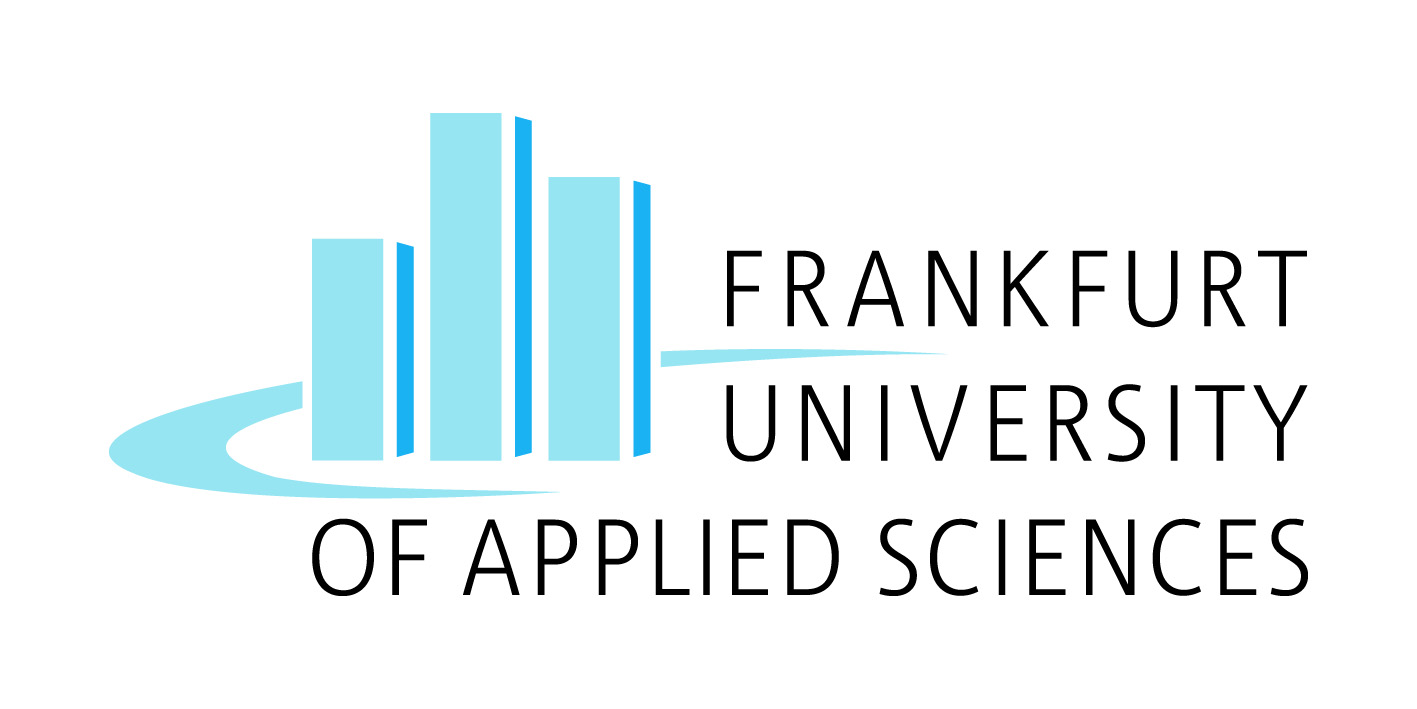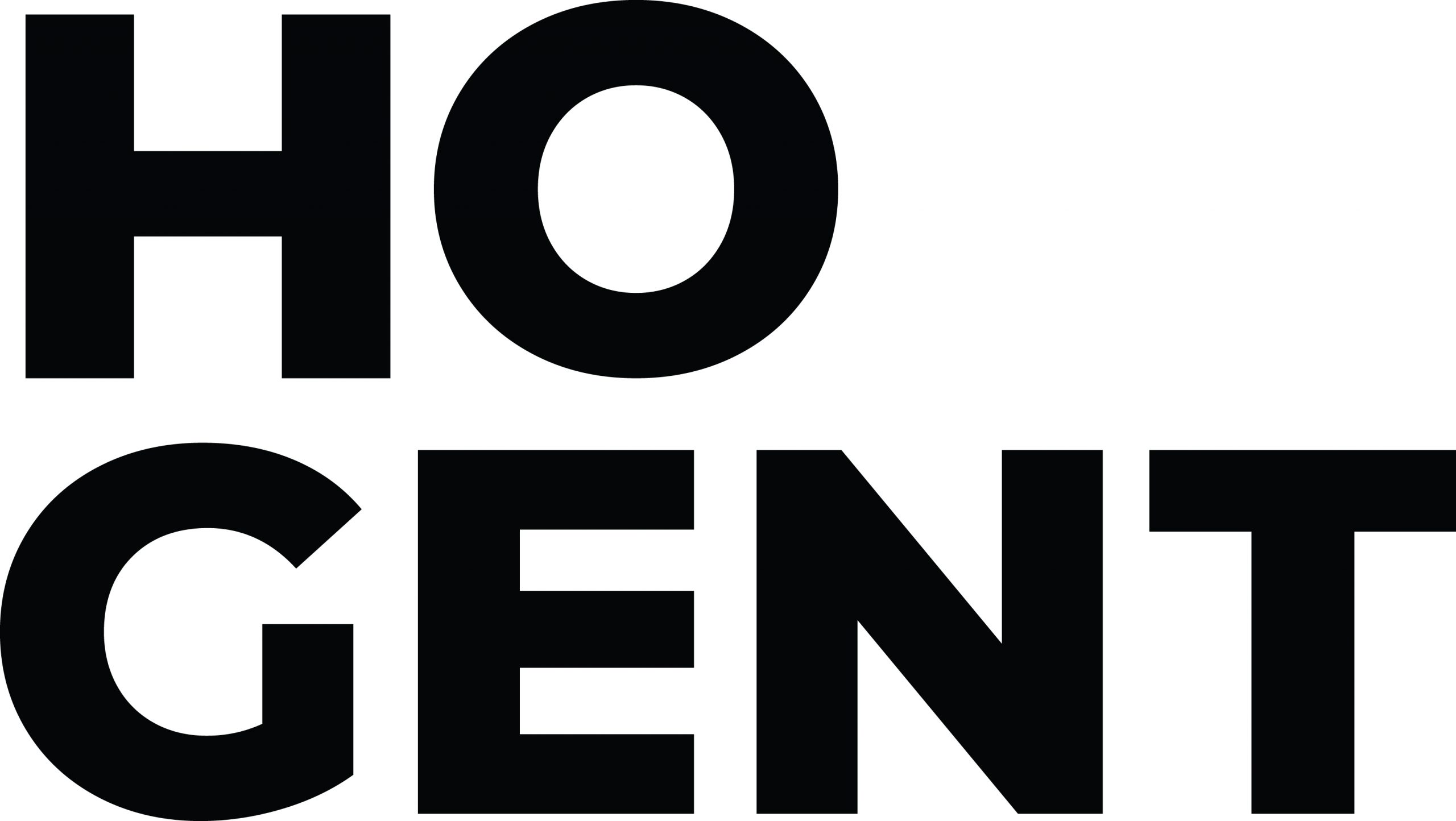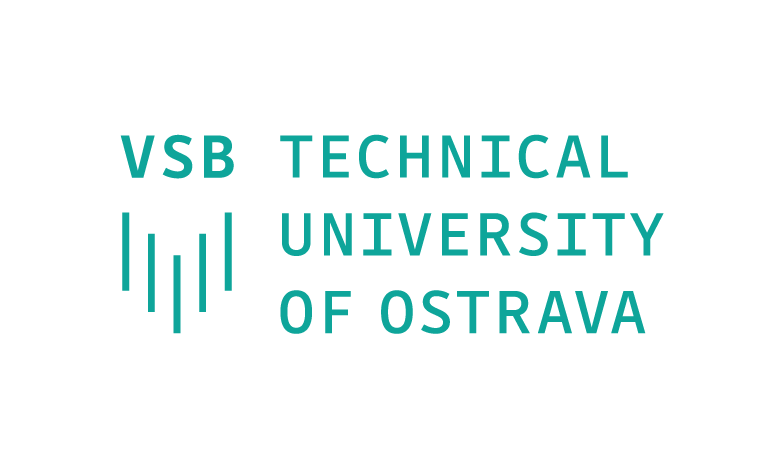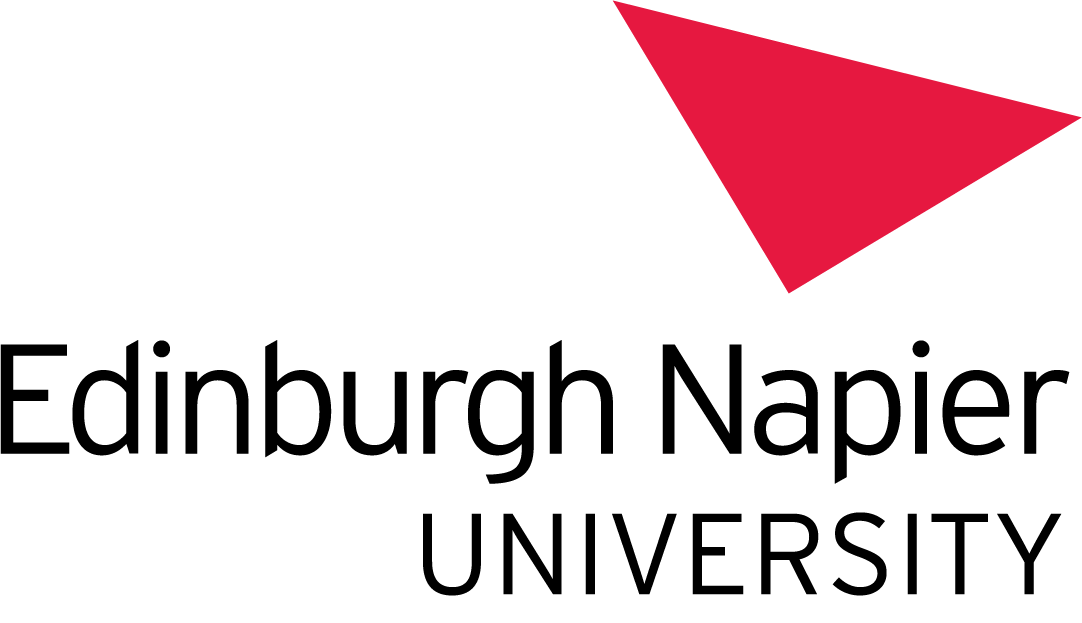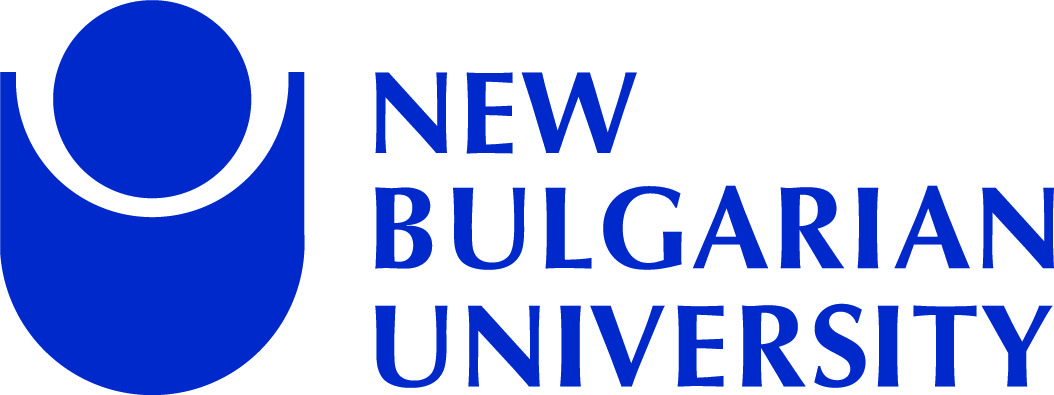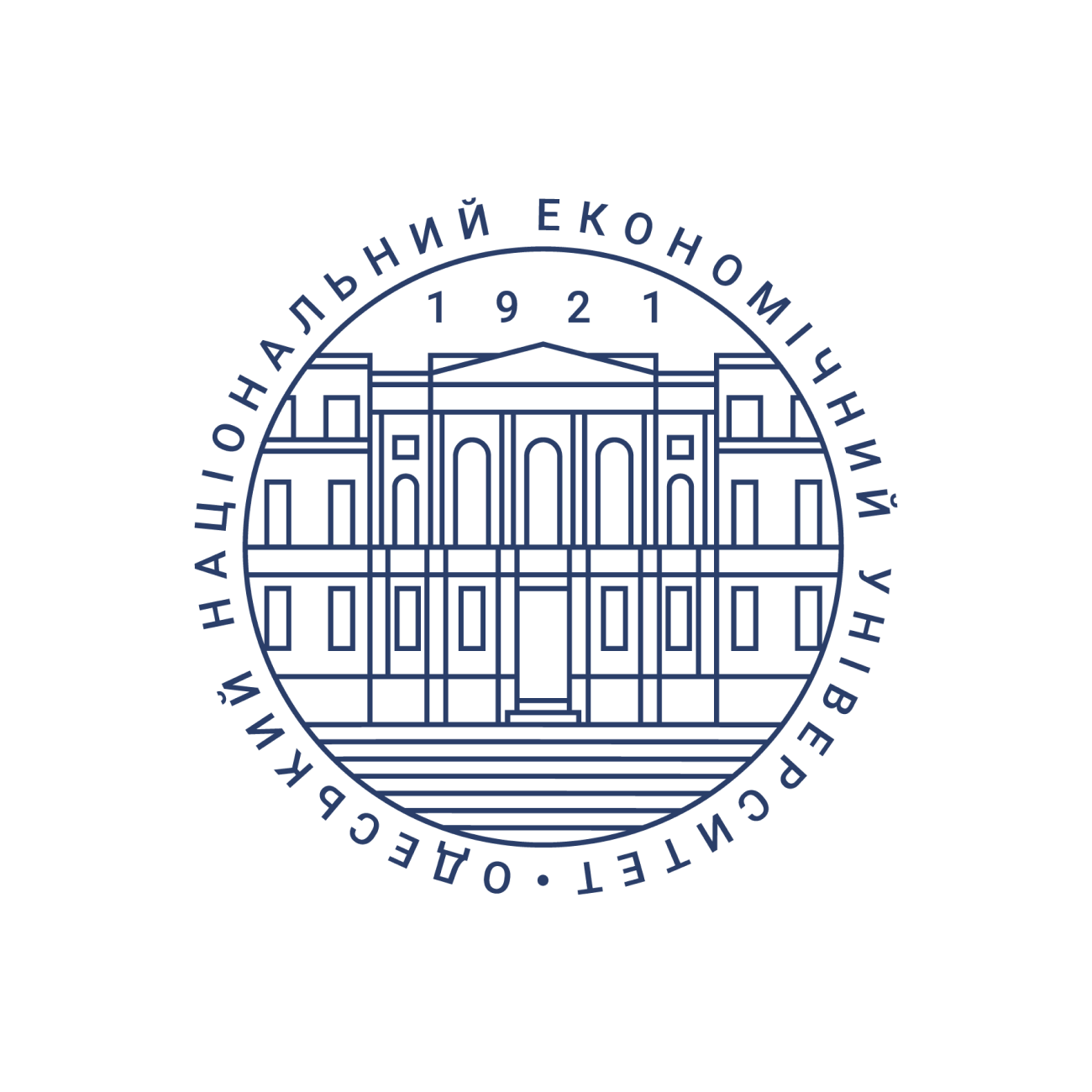Stories
U!REKA’s key messages for the EU’s next financial framework.
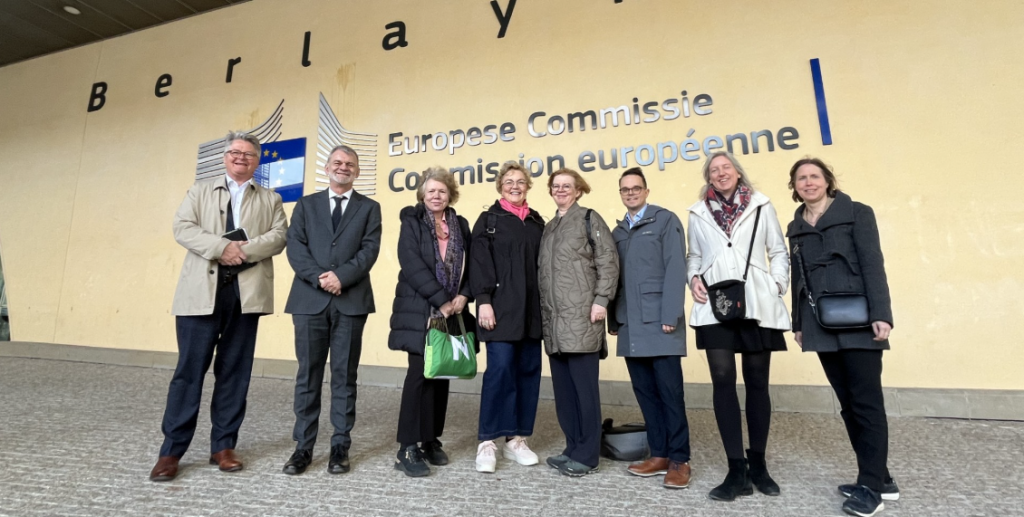
Sustainable investment pathway for European University alliances
The 65 European University Alliances are uniquely positioned to break down the barriers between education, research, innovation and service to society. They are committed to ambitious goals and long-term transnational cooperation activities. To achieve this, a sustainable investment pathway should support the alliances in their key missions. A more reliable and streamlined approach to EU funding could benefit the alliances in the next programming period, including the following aspects:
- Doubling the Erasmus+ Budget – Increasing the Erasmus+ budget will support internationalisation, expand learning mobility, and encourage deeper collaboration between universities. This is crucial for developing innovative study programmes and upskilling professionals across Europe.
- Long-Term Erasmus+ Funding – The next Erasmus+ programming period (2028-2034) should provide dedicated, reliable funding for the 65 alliances, shifting away from short-term project-based approaches. A more flexible funding model will reduce administrative burdens and enable long-term transformation.
- Enhanced Research & Innovation Support – Alliances should receive greater recognition and funding for their research and innovation potential. Erasmus+ is not sufficient to support all their assignments, so complementary EU funding instruments, including competitive R&I calls from the next framework programme, must be deployed.
For this vision to succeed, EU funding programs must align and simplify access for alliances. Additionally, Member States should ensure predictable national financial support for their higher education institutions’ participation.
Strengthen Impact-Driven Research in the EU’s next MFF
International RD&I collaborations are hard to accomplish with only national or private funding sources, which highlights the added value of a European framework programme. Challenge-based collaborative R&I funding as demonstrated by Pillar II of Horizon Europe is well-suited to address Europe’s societal challenges and industrial competitiveness and should remain a fundamental part of the future framework programme.
As Europe needs to find timely solutions to the great challenges of today and the future, an impact-oriented approach is necessary to be maintained at the heart of the future framework programme for R&I. Applied research drives the valorization of knowledge, transforming scientific insights into practical solutions that benefit citizens, industry, and society. By engaging these stakeholders in dialogue, processes and co-creation, research findings can be quickly transferred and adopted.
Challenge-based collaborative R&I funding as demonstrated by Pillar II of Horizon Europe is well-suited to address Europe’s societal challenges and industrial competitiveness and should remain a fundamental part of the future framework programme.
Accelerate clean and digital transitions to reach EU’s sustainability targets
The European Competitiveness Compass highlights urban areas as major contributors to economic growth and decarbonisation. The Clean Industrial Deal considers research and innovation to be essential for boosting the next generation of clean technology and clean energy. With their shared focus on decarbonisation and clean energy, cities are key players in these EU policy frameworks: they can function as a living lab for the Clean Industrial Deal, piloting green solutions that can be scaled up to benefit all European cities.
The EU’s next framework programme for R&I should provide dedicated R&I funding to the accelerate clean and digital transitions. Moreover, the EU’s cohesion funding is important to be used to accelerate the cross-border replication and scale-up of urban solutions to drive climate neutrality across Europe.
The ultimate success depends on the availability of professionals skilled to manage and accelerate the transition to climate-neutral and smart cities in line with the ambitions set out in the Union of Skills. EU funding opportunities, including Erasmus+, should be dedicated towards boosting lifelong learning and the reskilling and upskilling of professionals in strategic sectors to support the clean and digital transitions.


